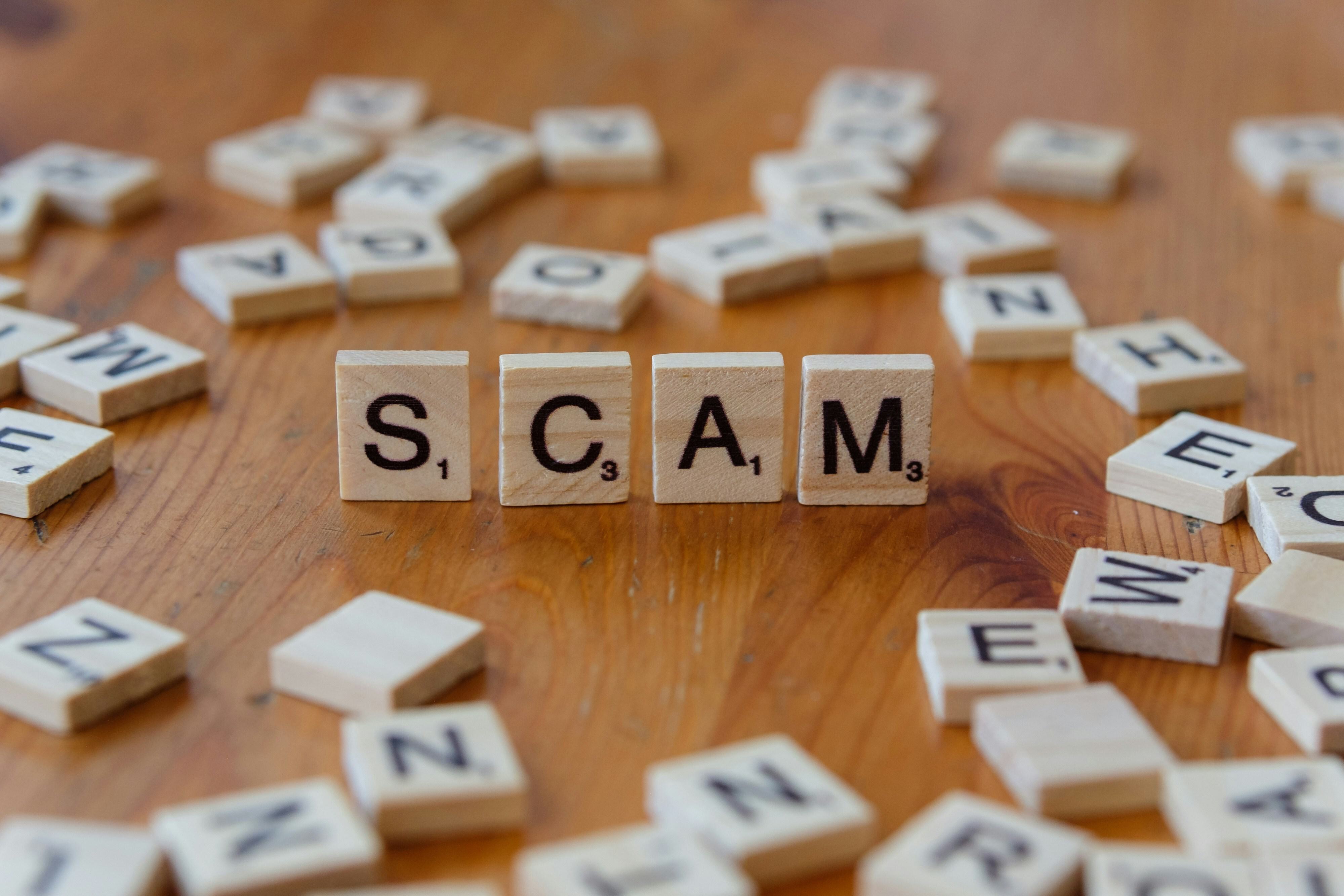Protect Yourself: Common Scams Targeting Independent Authors (and How to Spot Them)

Publishing a book on your own is thrilling. You’re in charge of your story, your brand, and your marketing. But that independence also makes you more vulnerable to people who are looking to take advantage of eager authors.
We’ve seen a substantial rise in offers promising “bestseller” status, exclusive book club spots, and splashy marketing campaigns—all for a fee. Some are harmless but ineffective. Others are outright scams. Knowing how to recognize certain red flags can save you time, money, and frustration.
And remember: If you’re working with Greenleaf, you don’t have to navigate this alone. You can always send suspicious offers to your Greenleaf team for a quick review before acting on them.
The “Guaranteed Bestseller” Scam
If you get an email or ad promising to make your book a “#1 Amazon Bestseller” or even a “New York Times Bestseller” for a fee, proceed with extreme caution. No company can guarantee bestseller status, so legitimate companies won’t. Those bestseller lists are based on verified sales and specific criteria.
Some scams achieve a short-lived bump by using paid downloads or manipulative tactics, which can backfire and even violate retailer terms of service. At best, you’ll waste money on meaningless bragging rights; at worst, your book can be flagged or removed.
Bottom line: True bestsellers happen organically through strong sales and publicity, not because you paid someone to make it happen.
Impersonators in Cold Emails
Scammers often reach out via email claiming to be someone they’re not—sometimes posing as a literary agent, a marketing professional, or even a member of a well-known book club or publication. One key way to spot these impostors is by paying attention to the domain of the email address. Legitimate organizations will use official domains (e.g., @greenleafbookgroup.com, @amazon.com, @nytimes.com), not generic addresses like Gmail, Yahoo, or other email host domain names.
If an email seems off, check the following:
- Does the domain match the company they claim to represent? Scammers often use look-alike domains or slight misspellings to appear credible.
- Is the email signatures professional and verifiable? Legitimate representatives provide accurate titles, contact info, and links to official websites.
- Is the message pressuring you to act quickly? Urgency is a common tactic used to prevent you from verifying the sender.
Pay-to-Play “Book Clubs”
Big-name book clubs like Reese’s Book Club, Oprah’s Book Club, and Read with Jenna do not charge authors to be selected. If you receive an email saying, “For $5,000 we’ll pitch you to Reese Witherspoon’s team” or “We’ll feature you on Oprah’s list,” it’s a scam.
Real book clubs select titles based on their own criteria. Paying someone to “guarantee” you’ll be chosen isn’t just ineffective—it’s a sign you’re dealing with someone dishonest.
Fake Awards and Paid Reviews
Another common scheme involves “prestigious” book awards or “guaranteed 5-star reviews” for a fee. Many of these awards are vanity trophies with no credibility, and paying for reviews violates policies on Amazon, Goodreads, and other major platforms.
How to Protect Yourself
Do your homework. Google the company name with the word “scam,” and check author forums or watchdog sites.
Look for proof. Ask for case studies, metrics, or testimonials you can verify.
Trust your gut. If an offer sounds too good to be true, it probably is.
Lean on your team. When in doubt, send the offer to your Greenleaf team. We’ll help you evaluate whether it’s legitimate before you spend a dime.
Being an independent author gives you incredible freedom, but you don’t have to go it alone. By staying alert to common scams, doing a little research, and leaning on trusted partners, you can protect both your budget and your reputation.
